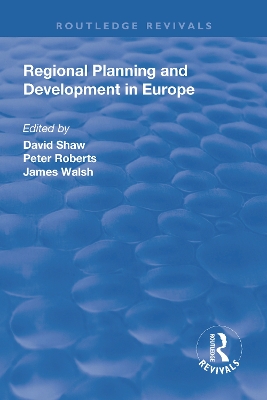Routledge Revivals
3 total works
This title was first published in 2000: England experienced something of a social revolution in the years from the early 16th century to the Civil War. This work seeks to add a new dimension to the discussion of this phenomena by focusing on the emerging role and function of social behaviour as a means of signalling social identity and rank. Noting the even greater emphasis placed on manners, customs and ordinary behaviour during that time period, Darryll Grantley demonstrates the interrelation of two key elements - education and drama - in the reconstruction of social identity. By examining the relationship between education and drama, Grantley contributes important perspectives on the ways in which drama functioned in society. He explores education as a prominent motif in the aristocratically patronized drama of the 16th century; the contribution of the academy to the evolution of public modes of drama; education and the playwrights; education and the audience; and the representations of learning and social behaviour on the public stage. Throughout, the study explores the increasing social significance of education in 16th- and 17th-century England, and the reflection of that cultural change in the drama of the period.
Christopher Marlowe and English Renaissance Culture
by Darryll Grantley and Peter Roberts
First published in 1996, this volume asked the question: who – and what – was Christopher Marlowe? Dramatist, poet, atheist and possible spy, he was a man in contrast with his time. The authors here gather to explore Marlowe on the four hundredth anniversary of his death. They include significant interdisciplinary elements and focus on dramaturgy, textual criticism and biography. It is hoped that the diversity of approaches can further debates on both Marlowe and Renaissance culture.
Regional Planning and Development in Europe
by David Shaw and Peter Roberts
This title was first published in 2000: Providing a review and assessment of a number of the major features evident in regional planning and development in Europe, this volume contains a series of regional case studies, drawn from current research in various European countries. These illustrate a broad range of theoretical views, which offer perspectives on the operation of the EU Structural Funds and regional restructuring, development and key concerns evident in spatial planning an environmental management and lessons from past experience. The editors collate views to arrive at challenging conclusions and suggestions for future policy priorities.


